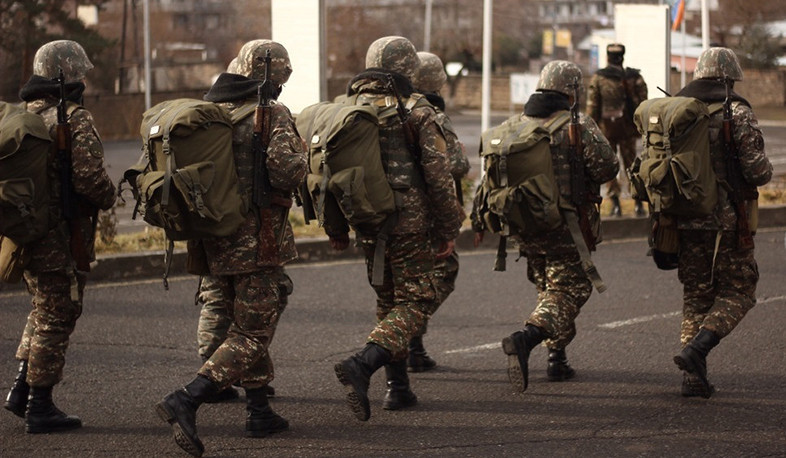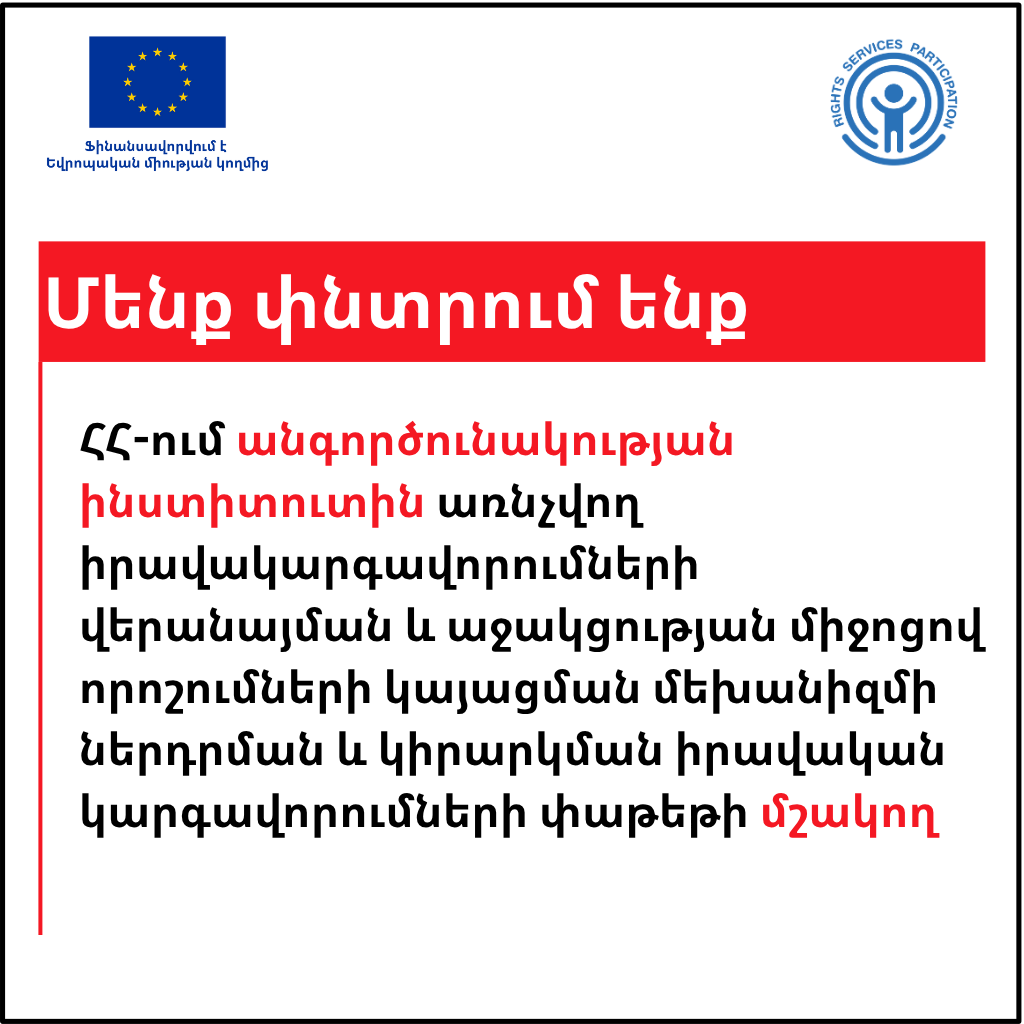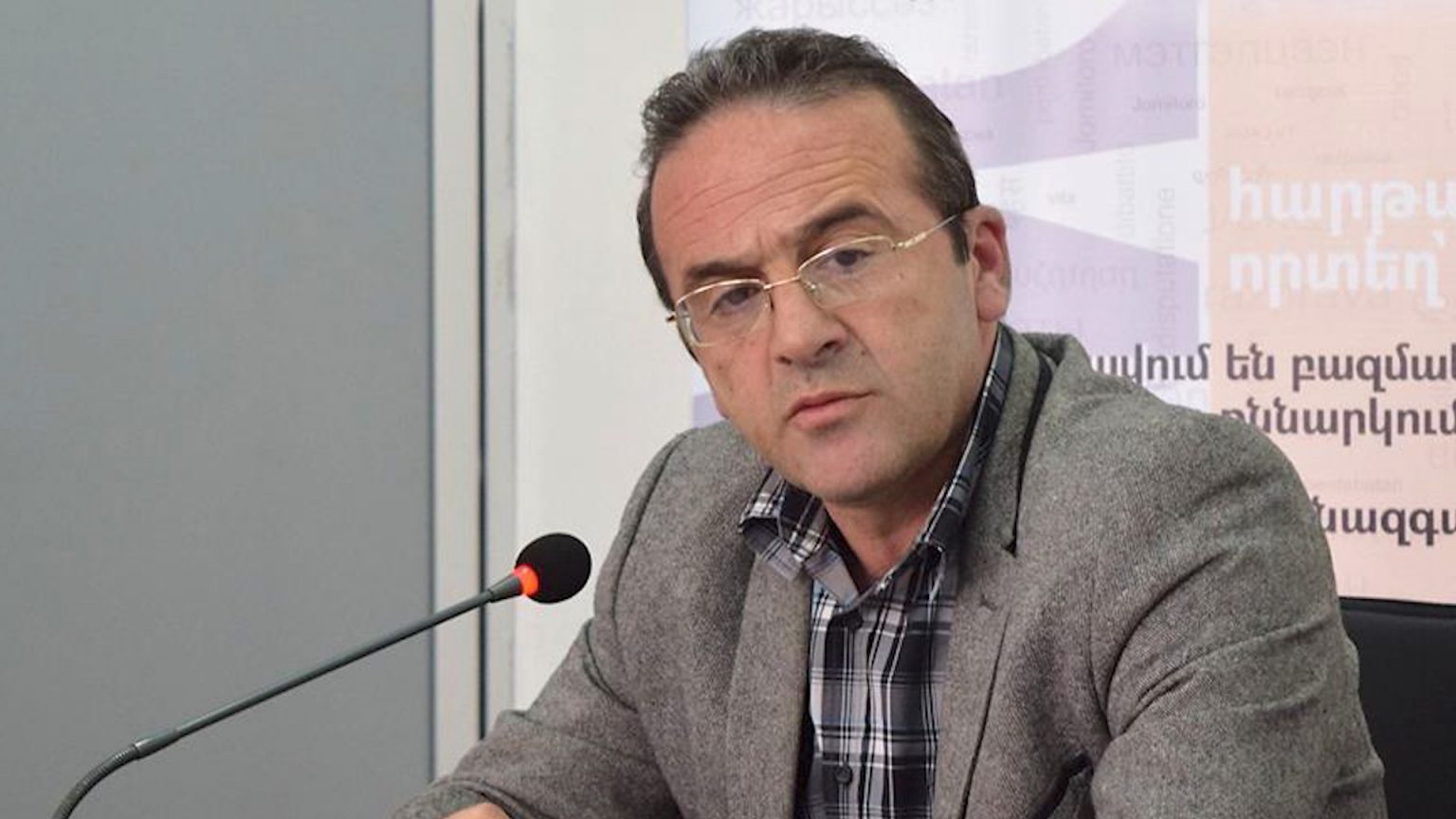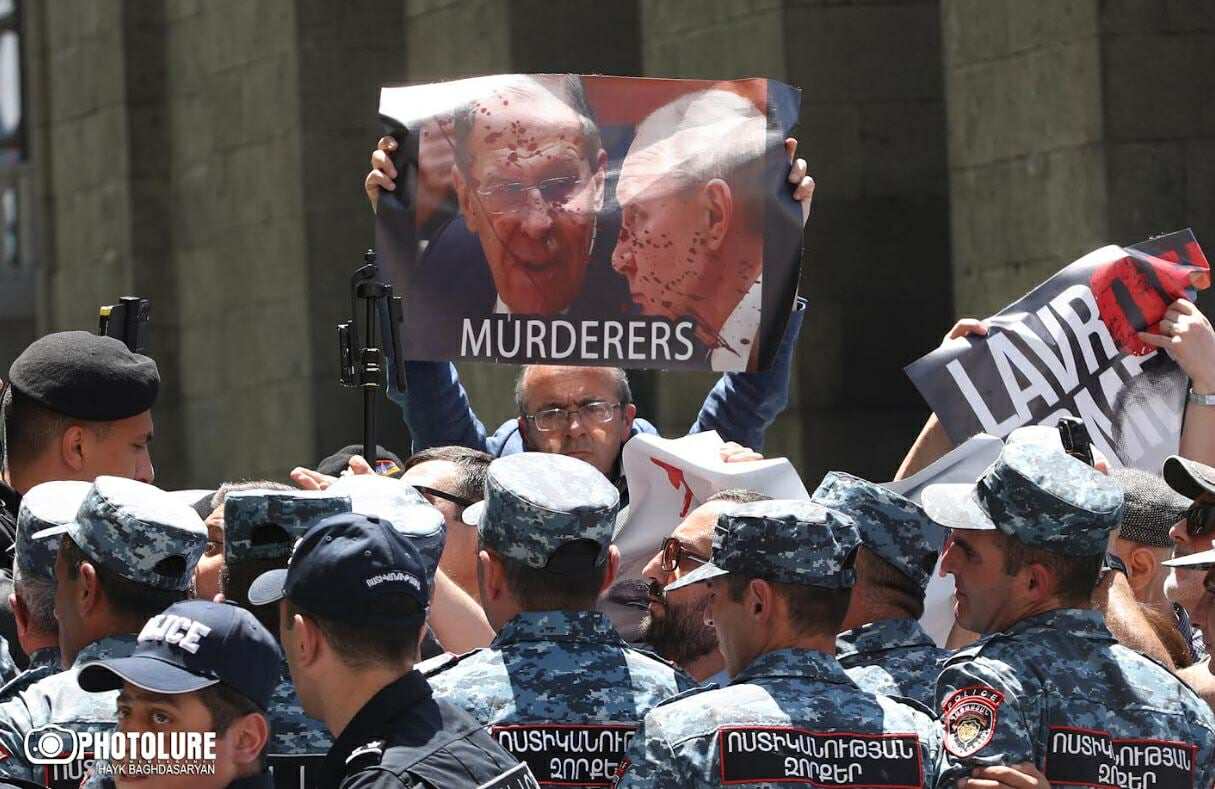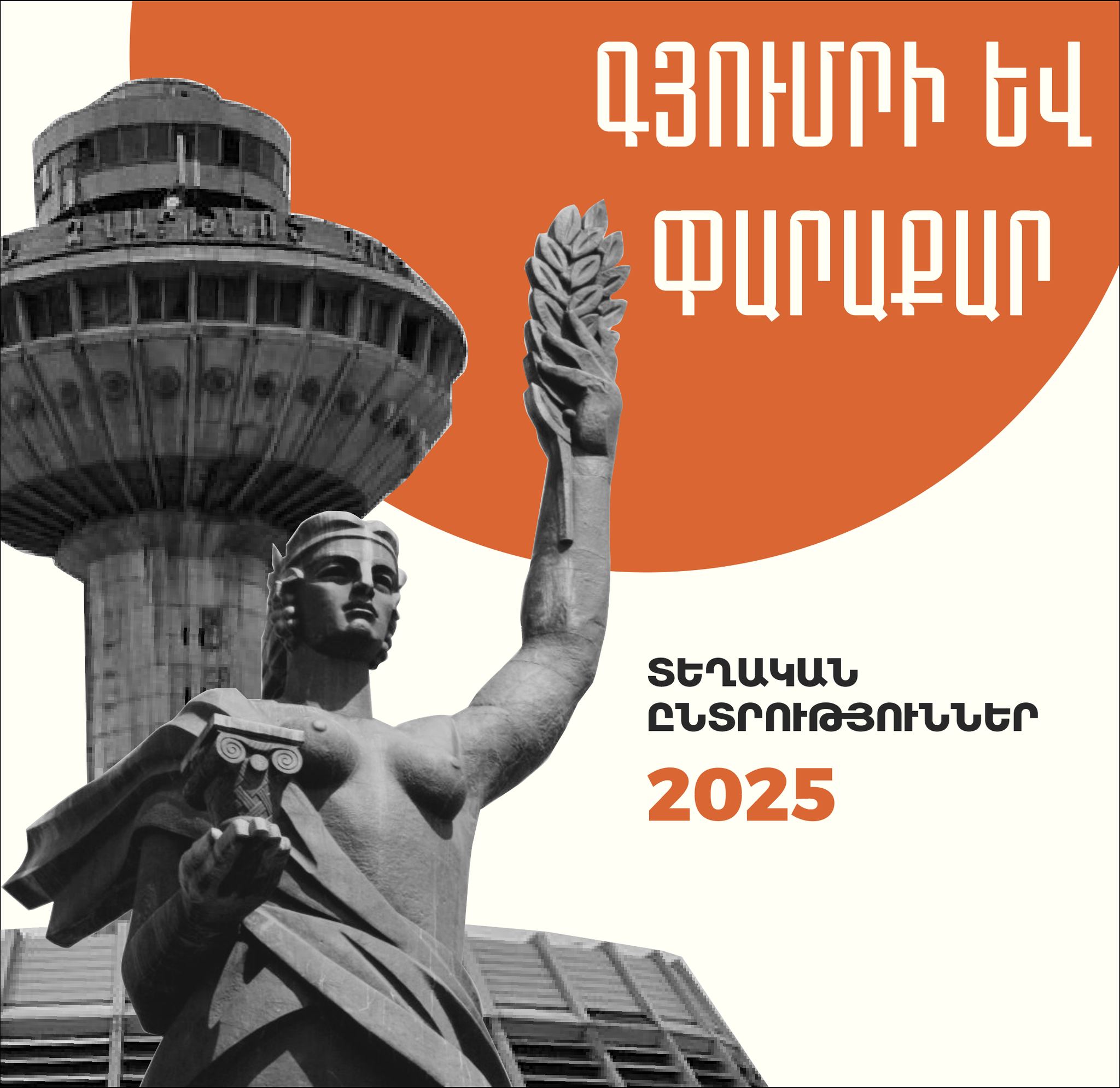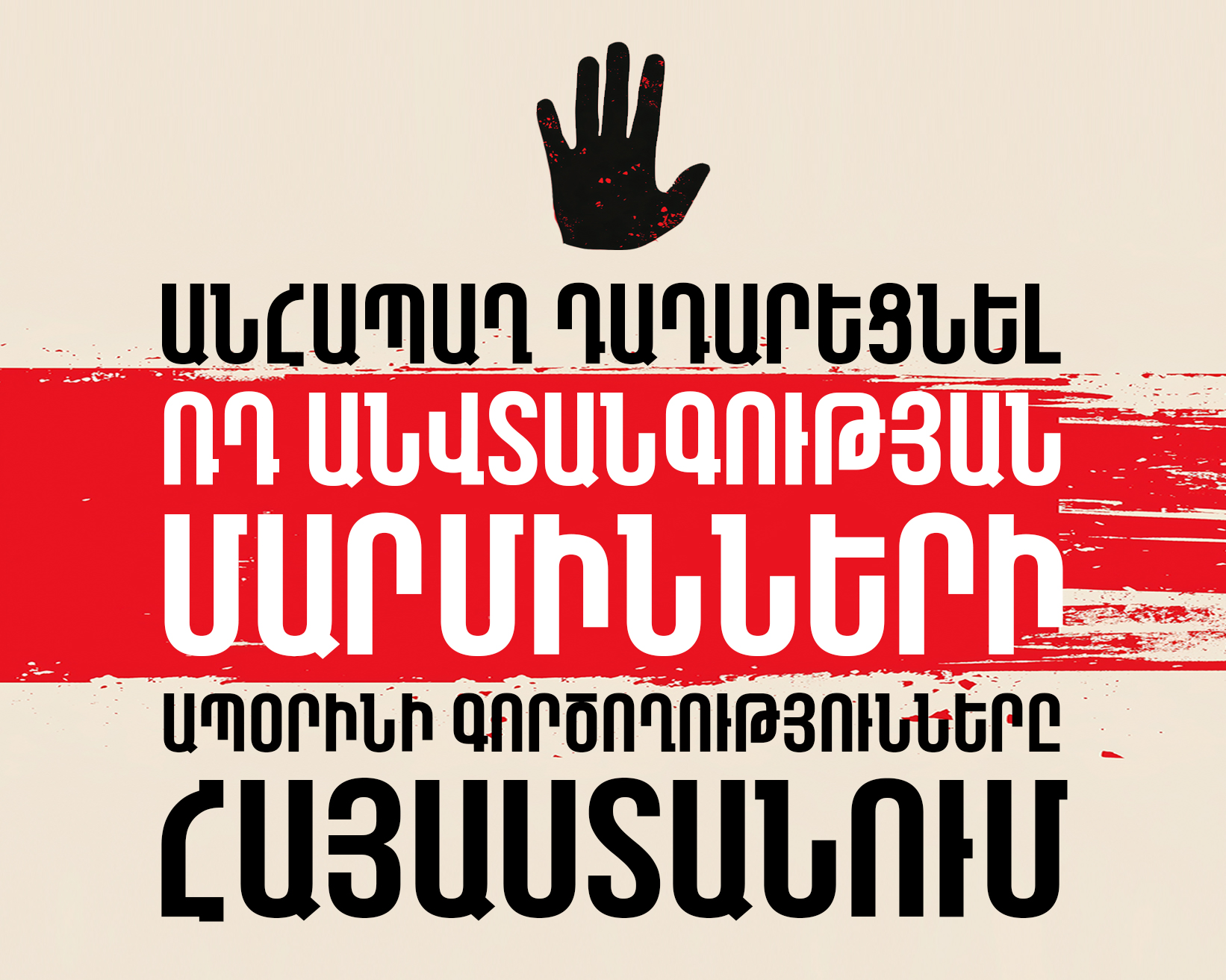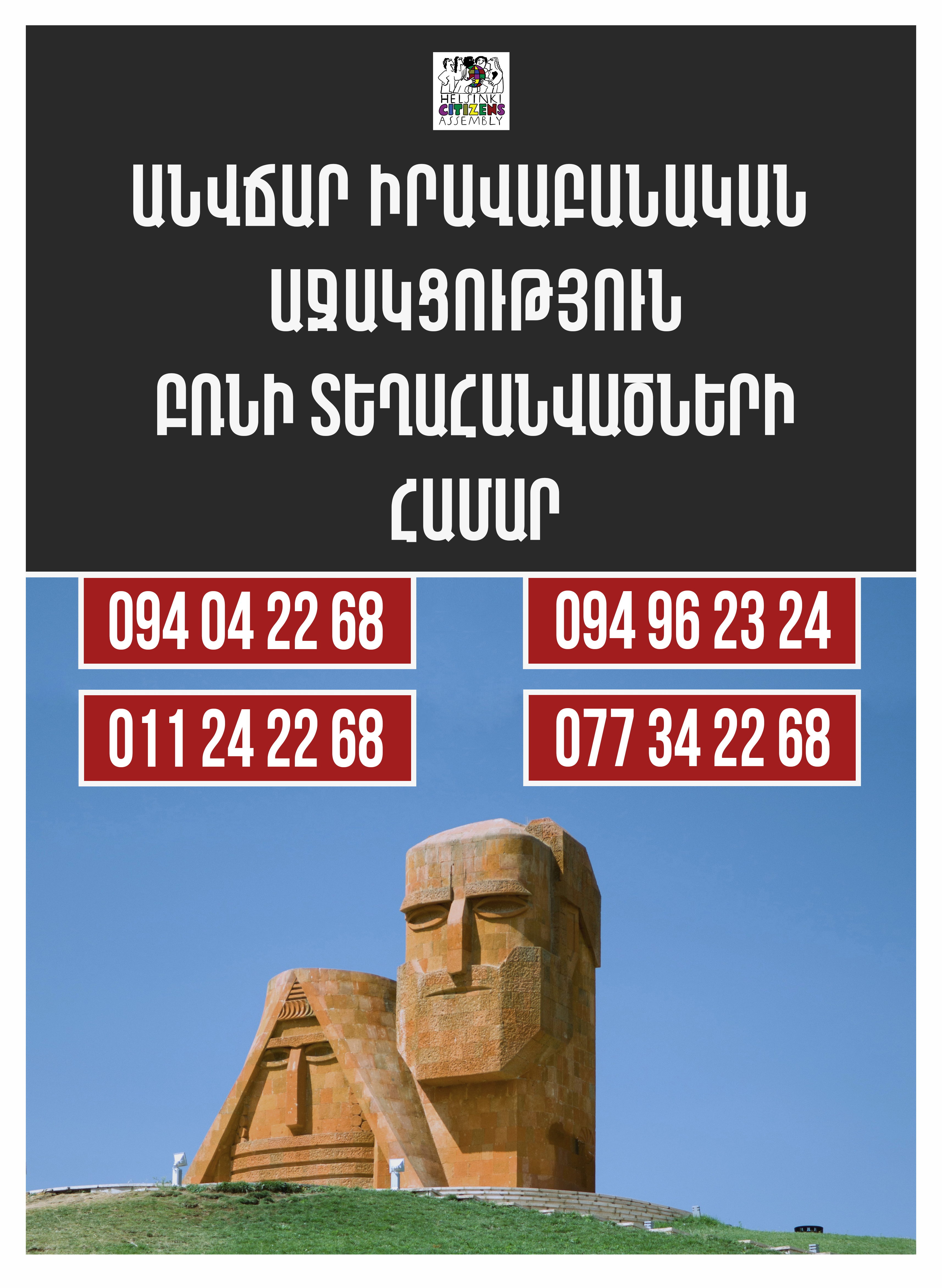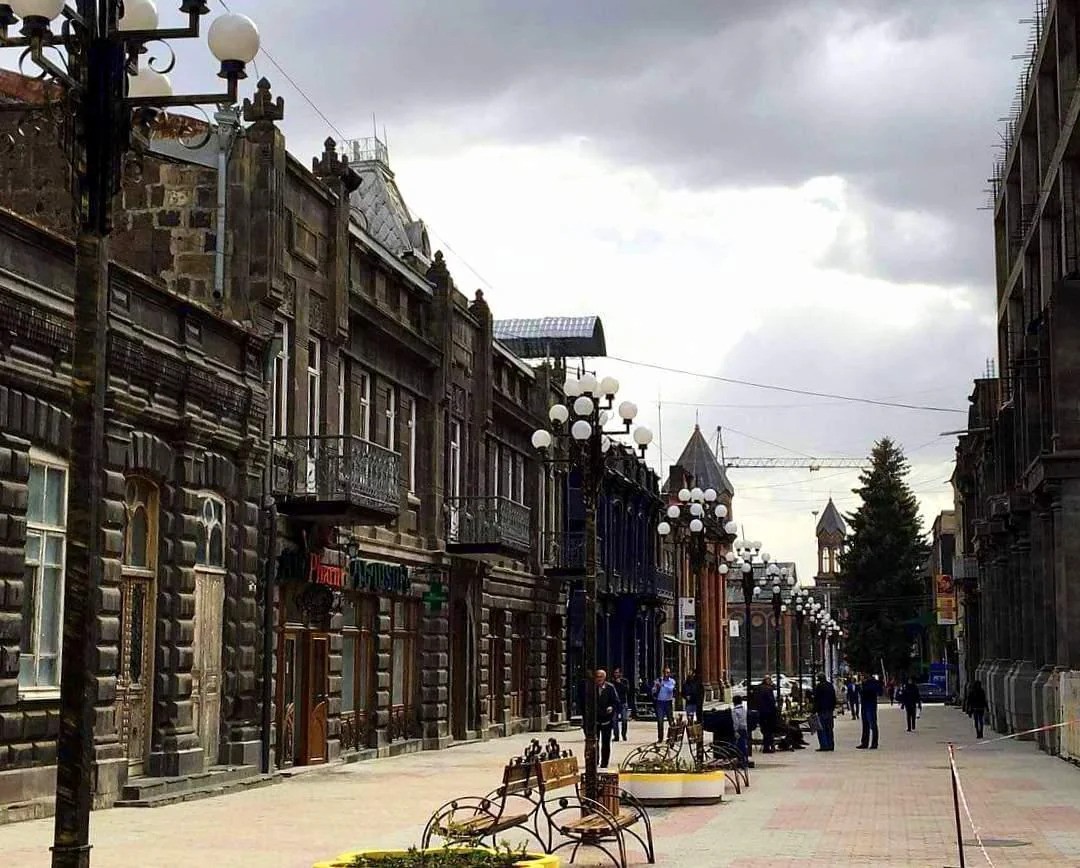




(English) Anti-Armenian Xenophobia and Racism in Azerbaijan 2022 . REPORT
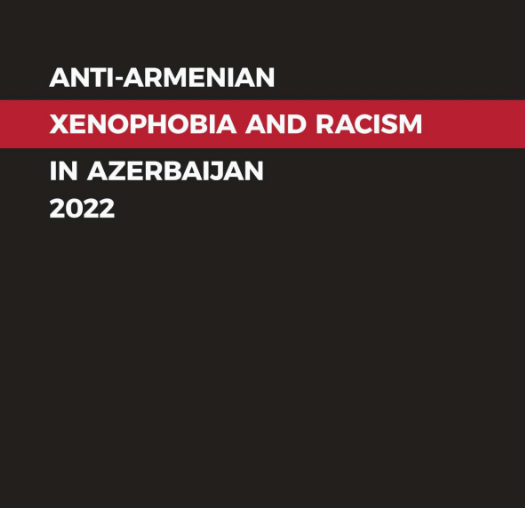
Գործունեություն | Զեկույցներ|Տեղեկանքներ|Գրքույկներ | Կոնֆլիկտների խաղաղ կարգավորում | Համատեղ | Հրապարակումներ
Report Anti-Armenian Xenophobia and Racism in Azerbaijan 2022 is a volume in a series of reports that manifest the state-sponsored racism in Azerbaijan, putting at risk peace and security in South Caucasus. Its purpose is to keep the record and raise the international awareness on the aggressive stance of Azerbaijan’s leadership that ongoingly reveals its determination to destroy the Armenian statehood and eradicate Armenians and their culture from the region.
The report is based on the compilation of publicly available information taken from reliable and verifiable open sources. Though focused on 2022 developments, where relevant, related or comparable, the report also presents the historical background of the conflict lasting for decades and refers to incidents taken place in earlier years in order to demonstrate the course of the aggressive strategy of Azerbaijan.
The report was prepared by Transparency International Anticorruption Center, Democracy Development Foundation, Protection of Rights Without Borders, Law Development and Protection Center, Helsinki Citizens Assembly Vanadzor, For Equal Rights NGO in Armenia and Civic Hub in Nagorno-Karabakh (Artsakh).
__________________________________________________________________________________
The year of 2022 marked with escalation of the racist policy of Azerbaijan against the Armenian people both in Nagorno-Karabakh (Artsakh) and Armenia.
Cultivated hatred towards Armenians
Hatred towards Armenians has been demonstrated in kindergartens and schools infiltrating hate since the very early ages. It has been expressed in literature, music, films of mass consumption, caricature and technology. The policy of hatred served as a tool to amplify the nationalistic consciousness of the Azerbaijani people, galvanize the general aggression against the common “enemy,” and consolidate the authoritarian-dictatorial regime in Azerbaijan.
Fabrication of the history
Azerbaijan flavoured its aggression with newer narratives against Armenia - denying the existence of the Armenian statehood as well as of Armenians in the region as indigenous people and claimed both - the whole territory of Nagorno-Karabakh and the Republic of Armenia as “ancient Azerbaijani lands” launching a new project to prepare the return of Azerbaijani people to “Western Azerbaijan.” Azerbaijan intensified its claims for an extraterritorial corridor through the territory of Armenia to connect Azerbaijan with Nakhchivan Autonomous Republic.
Threats of the use of force
President of Azerbaijan Ilham Aliyev consistently used the language of intimidation and continuously emphasized Azerbaijan’s military superiority and Turkey’s support trying to spread fear amongst the Armenian people as well as to strengthen its own bargaining power at various levels of relations to pressure the authorities of both Republic of Armenia and Nagorno-Karabakh to surrender before the Azeribaijani claims.
Ongoing terror policies and practices
Azerbaijan terrorized Armenians of Nagorno-Karabakh to disrupt their livelihood and force them to leave their homeland, thus accomplishing the policy of ethnic cleansing. Terror practices included intimidation of civilians with weapons, throwing stones against the Armenian cars, using violence and threats against the farmers doing agricultural works, damaging agricultural equipment, stealing cattle, kidnapping, routinely firing in the air, shooting in the direction of civilians, houses and schools, poisoning of water, causing fire in the nature, etc.
Special operations to galvanize ethnic cleansing
Azerbaijan activated its aggressive policies towards Armenians since March 2022, following the war launched by Russia against Ukraine. It included series of military operations along the line of contact in Nagorno-Karabakh, occupying new territories, killing people, emptying from Armenians their villages. In September, Azerbaijan furthered its aggression and attacked Armenia occupying strategic heights and creating threats for local population.
The culmination of ethnic cleansing attempts of Azerbaijan was the blockage of the only road connecting Nagorno-Karabakh to the outside world and cutting gas and electricity supply, thus depriving the local Armenians of basic human rights to food, education, healthcare, freedom of movement, adequate standard of living.
Breaking incidents in 2022
March: Azerbaijan attacked Karaglukh height and Khramort, Khnapat and Parukh villages in Nagorno Karabakh, Parukh village was consequently cleansed from ethnic Armenians.
August: The Armenian population of Berdzor (Lachin) town, Aghavno and Sus villages in Lachin Corridor was forcefully deported under the threat of force by Azerbaijan.
September: Azerbaijan launched an offensive targeting the cities of Jermuk, Goris and Sotq, killed more than 220 persons and occupied territories in Armenia proper.
December: Azerbaijani state-sponsored activists closed the road from Shushi to Stepanakert, virtually blocking the Lachin Corridor and consequently - whole Nagorno-Karabakh.
Inhumane and degrading treatment of Armenian captives
Azerbaijan continued holding as hostages the Armenian PoWs and civilians captured within the context of the 44-day war of 2020 as well as during the aggression against Armenia on 13 September 2022. Azerbaijan subjected the captives to extrajudicial executions, enforced disappearance, torture, inhumane and degrading treatment, sham trials, at the same time continuing to glorify and reward the perpetrators. Particularly shocking has been the evidence of torture and mutilation of the female servicepersons that demonstrated the hatred and violence of Azerbaijani people towards the Armenians.
Destruction of Armenian cultural heritage
Azerbaijan continued the erasure of Armenian cultural heritage in the region by destroying, damaging, converting Armenian monasteries and churches into mosques or leisure use. At the same time it claimed that their origins come from their “ancestors” – Caucasus Albanians and established a specialized working group at the state level to actually legalise the acts of vandalism. The destruction of Armenian cultural heritage was also addressed and confirmed by satellite investigations of “Caucasus Heritage Watch” initiative.
Reaction of international institutions
International response to the outrageous policies and acts of Azerbaijan have been largely inadequate or ineffective, lacking due condemnation of the aggression and practical actions by relevant international actors and institutions. Ineffectiveness of the international response is proven by the mere fact of continuous emboldening of the criminal regime of Azerbaijan and the furtherance of its aggressive racial and expansionist policy, in complete disregard of the decisions of the European Court of Human Rights and orders of the International Court of Justice. The absence of any sanctions against Azerbaijan, false equivalence between the perpetrator and the victim and the “bothsidist” statements without actual naming of the aggressor created a conducive environment for furtherance of policy of hatred towards Armenians and materialization of the aim of ethnic cleansing in Nagorno-Karabakh.
Call for action to prevent ethnic cleansing
The report calls the representatives of states, governmental and non-governmental organizations to
- Refrain from controversial statements on the conflict, using false equivalences and emboldening Azerbaijani leadership to push forward its aggressive agenda;
- Put pressure on Azerbaijan’s leadership to stop its hate propaganda, falsification of history, racism and expansionism policies, to revise its schools’ curricula to remove Anti-Armenian content and incorporate general education to promote cultural tolerance and respect for other nations and safeguard compliance with international norms and respect for human rights;
- To put pressure the Azerbaijani government to ensure immediate and unconditional repatriation of all Armenian POWs and civilians detained in Azerbaijan;
- Ensure opening of Lachin Corridor and restoration of unimpeded and safe movement of all persons, vehicles and cargo through the Lachin Corridor, as well as secure supply of gas, electricity and internet from Armenia;
- Elaborate mechanisms for ensuring an international presence in Nagorno-Karabakh, including urgent fact-finding and peacekeeping missions, to guarantee impartial monitoring of the situation on the ground, regular and public reporting to the international community, and serve as an essential guarantor for the security of the local people;
- Elaborate formats and mechanisms for ensuring long-term safety, durable peace and self governance of Nagorno-Karabakh people in their homeland to ensure full enjoyment of their erga omnes right to self-determination;
- Support the establishment of an international mechanism and guarantees for communication between Azerbaijan and Nagorno-Karabakh to ensure the protection of the rights of local people;
- Support delimitation and demarcation process between Armenia and Azerbaijan in line with human rights principles and international best practices, assuring immediate withdrawal of Azerbaijan’s armed forces from the territory of Armenia;
- Ensure effective response to war crimes and other grave violations of international law, accountability of perpetrators of aggression through imposing sanctions and restoration of the infringed rights of the suffered people, including the return to their homes;
- Ensure the safety and protection of the Armenian cultural heritage appeared under Azerbaijani control, in compliance with ICJ’s Provisional Measures order of December 7, 2021.
Find the full report HERE.


